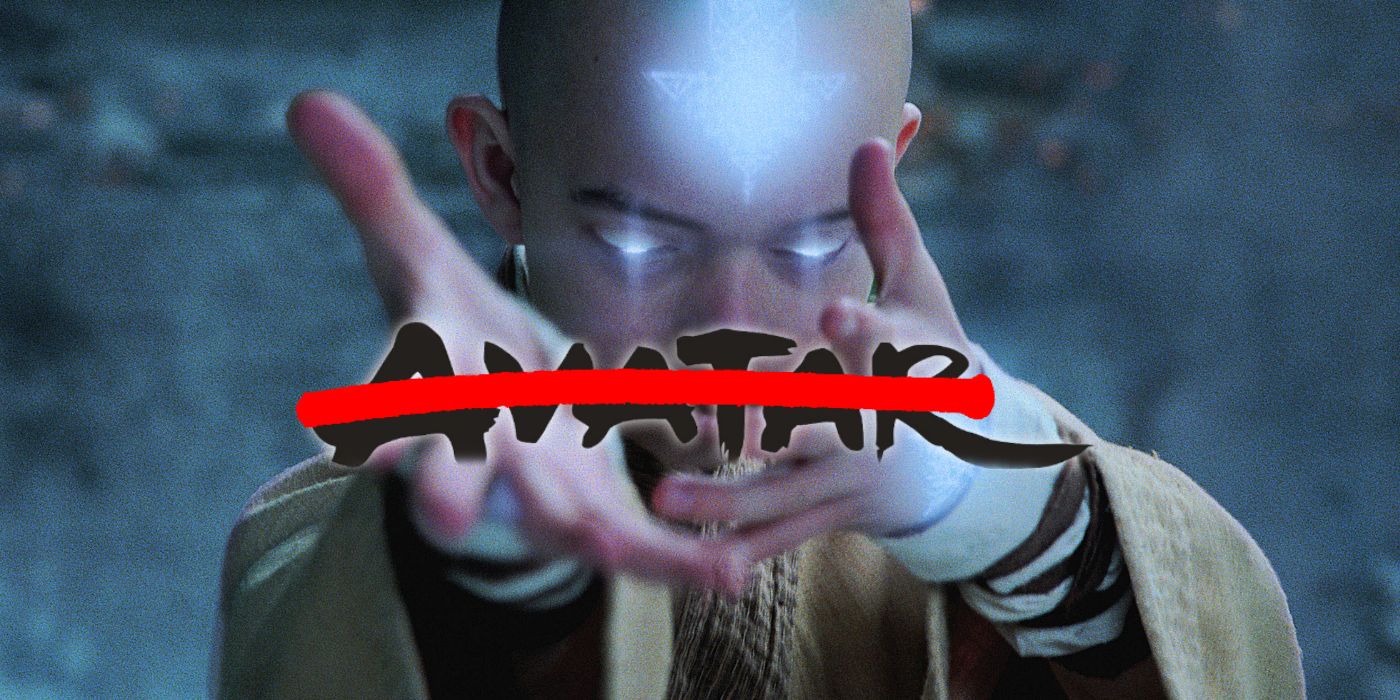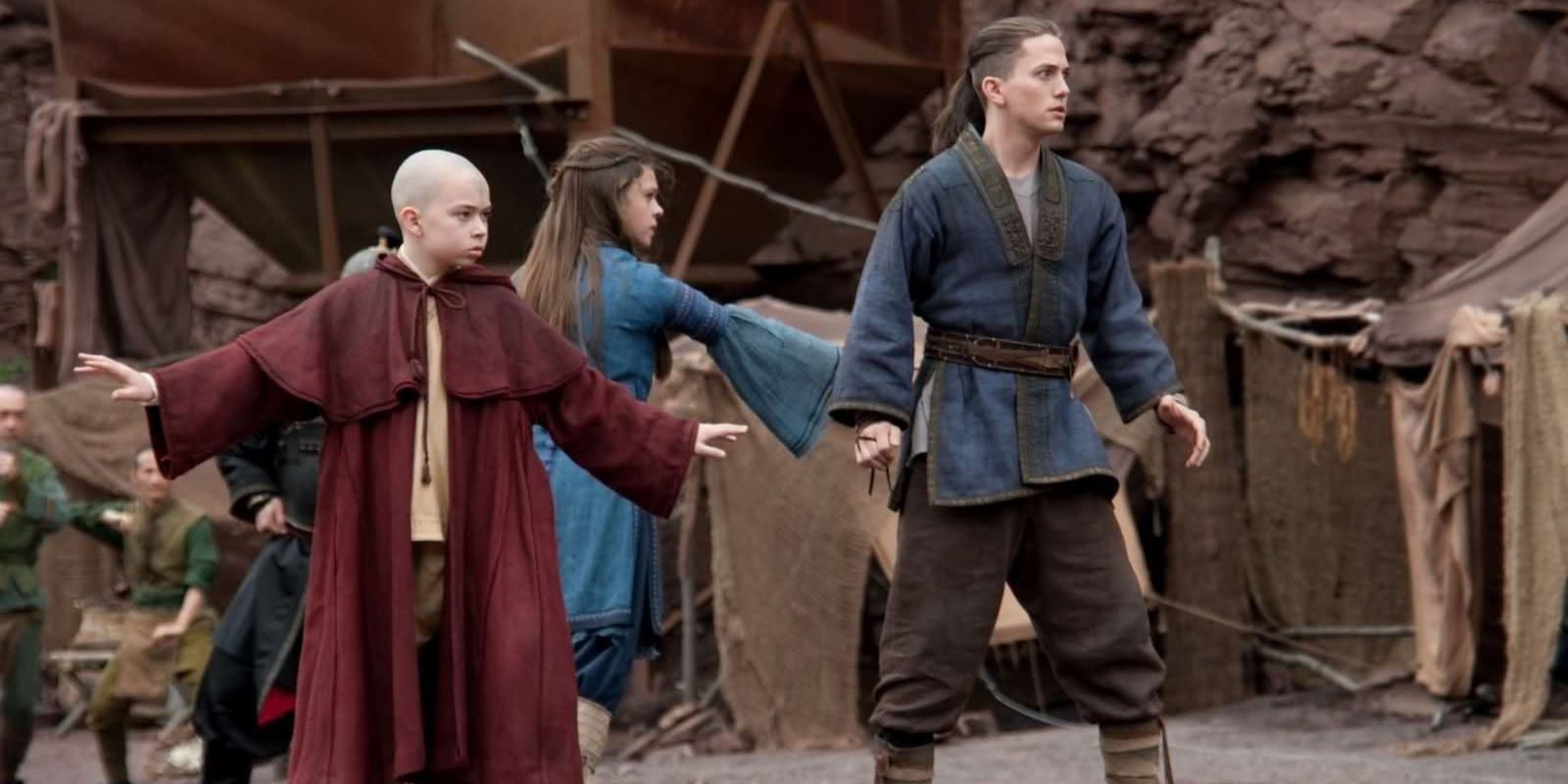Why did M. Night Shyamalan's The Last Airbender forgo the term "Avatar" in its title? Arriving in theaters in the summer 2010, The Last Airbender has gone down in history as one of the most notorious big-screen train wrecks. It also remains one of the most ironic ones, given how beloved the television series that inspired it was at the time (and still is today).
Avatar: The Last Airbender followed the adventures of Aang, a 12 year-old boy who is the latest incarnation of the Avatar, making him the lone individual in the world of the Four Nations able to master the art of "bending" all of the elements of Water, Earth, Fire, and Air. With Fire Lord Ozai, ruler of the Fire Nation, determined to conquer the rest of the world, the Airbender Aang is called upon to master Water, Earth, and Fire and defeat Ozai, with the help of his close friends who make up "Team Avatar". Spanning a three-season run on Nickelodeon, Avatar cemented itself as one of the most popular animated series ever created, and recently showed how little its acclaim has died down in the twelve years since its conclusion by drawing superb viewership numbers after it was added to Netflix in May.
As for why its film adaptation dropped the key term from its title, that can be attributed to James Cameron's Avatar. It's certainly commonplace for fans of the series to refer to the show as just Avatar. However, in order to prevent confusion with Cameron's movie, which was ending its run in theaters when the Avatar: The Last Airbender movie was going to release, Shyamalan's film went out simply as The Last Airbender. Not that doing so made any difference in how it was received once it hit theaters.
The Last Airbender is unquestionably among the most universally panned movies of the 21st century, with audiences, critics, and fans of the series pointing to almost nothing both failings on the film's part. From its horrendous dialogue, its lackluster recreation of the show's bending action, and the botched attempt to capture the essence of the entire first season in a runtime of 103 minutes, The Last Airbender became the by far the most loathed entry in the Avatar canon.
This didn't do much to slow down the Avatar franchise, though, with its sequel show The Legend of Korra arriving in 2012 and running for four seasons. 2018 would also bring the announcement of a live-action reboot of Avatar on Netflix, with the show's creators Bryan Konietzko and Michael Dante DiMartino on board. The two also emphasized that the whitewashed cast of The Last Airbender, among the movie's most criticized elements, would not be repeated in the new adaptation of the series.
Although Cameron's Avatar sequels are also in the works, given that the show's reboot will be a streaming release, the new Avatar series can very likely retain the full title with little confusion. Moreover, the movie's title being shortened due to James Cameron's Avatar wouldn't even end up being the most noteworthy impact of that decision. In the end, The Last Airbender's title lacking the Avatar term has, in the long run, ended up putting far greater distance between it and the much more acclaimed animated series it was born out of.


